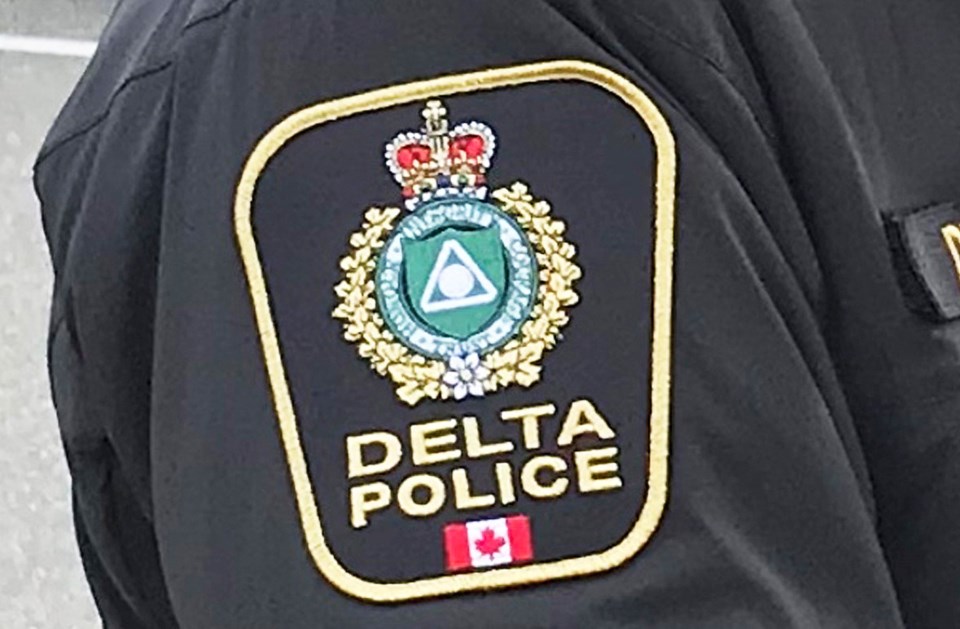The Delta Police Department (DPD) last week celebrated the graduation of nine police officers from the Justice Institute of BC (JIBC).
After over 10 months of training, the nine will be assigned to patrol and begin working immediately to assist with the busy summer months, the DPD said.
However, it’s going to cost even more for the department to get new officers in the fold.
That’s according to Chief Neil Dubord in a recent update to the Delta Police Board, outlining higher training fees that are coming from the JIBC.
What’s more, the cost for the department will get even higher depending on how many current members of the DPD are lost to the new Surrey Police Force and more recruits are needed.
In his report to the board, Dubord said the province had previously indicated an increasing tuition fee for police recruits attending the JIBC for training in 2024, due to a deficit that was identified in the JIBC model.
The issue was raised at the Police Academy Chief’s Council where it was identified that the likelihood of tuition increases would be approximately $19,500 per recruit.
“Lower Mainland agencies and the Province identified the Surrey Police Service (SPS) transition as a significant and unfair contributor to increased costs related to recruit training, as there were disproportionate vacancies left by experienced officers leaving for SPS. Thus, the delay to 2024 was to allow Lower Mainland police agencies to fill these vacancies related to the Surrey transition,” the report explains.
In May, 2022, the province unexpectedly announced that the increase in tuition would be starting sooner than anticipated and a follow-up letter from the JIBC confirmed the increase will actually be $22,110, effective this September.
Another increase is anticipated for the next fiscal period of April 1, 2023 to March 31, 2024.
Police agencies, and thus municipalities, will be responsible for paying that amount which is unfunded and unbudgeted for 2022.
The report notes that the recruit training costs for the DPD, so far, in 2023 would be $331,650.
In a letter last December to Delta Mayor George Harvie, who chairs the police board, National Police Federation president Brian Sauvé warned the implications of the pilfering of police officers by the new Surrey force was already being felt financially by other cities.
He said Surrey’s transition from the RCMP is creating a broad risk to community safety and increasing costs at a time when all levels of government are experiencing unprecedented financial and community safety pressures.
Reiterating his call for Surrey to conduct a full feasibility study, Sauvé wrote there needs to be a thorough review and consideration of all potential risks and implications to other municipalities.
“This transition has increased police recruitment and retention pressures on your municipality and thereby worsened the existing shortage of officers. The report on the Surrey Police Transition relied heavily on the notion that Surrey RCMP members would “patch-over” to the new force. RCMP management indicated very early on to the City of Surrey that less than 14 per cent of serving Surrey RCMP members were even interested in transitioning,” noted Sauvé.
It has resulted in the Surrey Police Service poaching trained officers from jurisdictions outside of Surrey to such an extent that the province stepped in and capped the new police force’s hiring in 2022.
Saying it is time to halt the transition until all costs and all potential implications for municipalities are shared, Sauvé also noted others should not have to bear the costs of the Surrey transition or operation.



